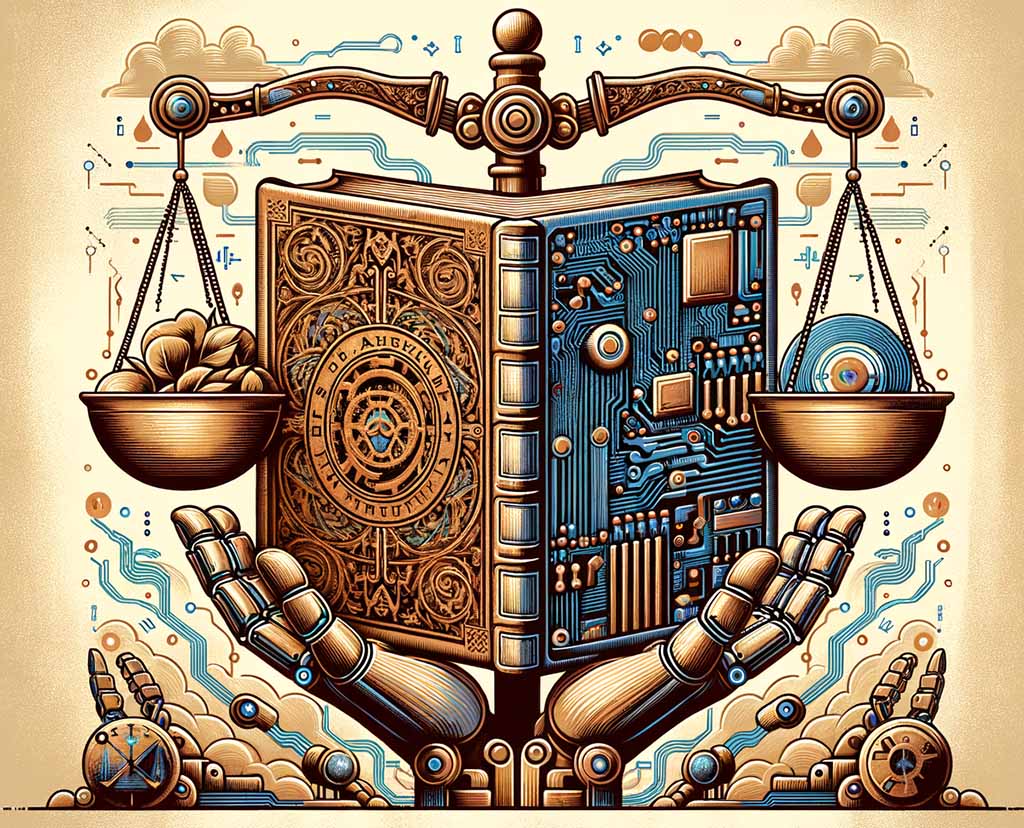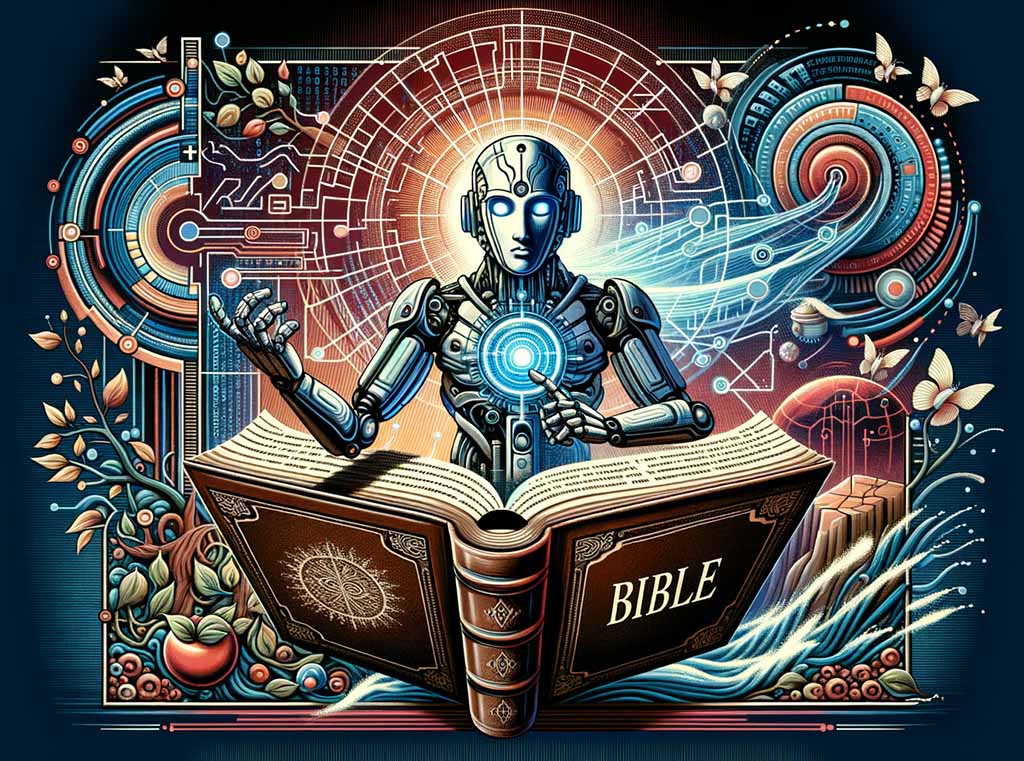In the rapidly advancing landscape of modern technology, artificial intelligence (AI) stands out as one of the most compelling and sometimes misunderstood advancements. For some, the rise of AI provokes fears and concerns, perhaps of unchecked progress or potential misuse. However, when viewed through the lens of biblical teachings, AI, much like any technology or tool, is seen in a different light.
The Bible, while ancient, provides timeless wisdom that can guide our approach to modern innovations, including artificial intelligence. One overarching theme present in the scriptures is the stewardship of God’s creation and the resources entrusted to us (Genesis 2:15). AI, as a creation of human intellect and creativity, is part of the resources we are called to steward wisely.
AI, at its core, is a tool created by humans to solve problems and improve lives. Its potential spans from enhancing medical diagnostics to improving agricultural yields, and even to fostering better disaster response mechanisms. Similar to the biblical parable of the talents (Matthew 25:14-30), the development and application of AI represent opportunities to multiply the talents—or, in this context, the knowledge and resources—entrusted to humanity.
Just as the Bible acknowledges that tools and resources can be used for both good and harm, the same principle applies to AI. A stone can indeed be used to build a shelter or to harm another person. The deciding factor lies not with the tool itself but with the intent and moral guidance of those wielding it. James 3:13 challenges us, “Who is wise and understanding among you? Let them show it by their good life, by deeds done in the humility that comes from wisdom.”
The ethical use of AI challenges us to reflect on our values and the direction in which we guide our technological advancements. It invites a conversation on the importance of grounding AI development in moral and ethical principles that uphold human dignity, respect freedom, and promote the common good.
Furthermore, rather than viewing AI as a threat, we can see it as an opportunity to reflect God’s creativity and ingenuity, bestowed upon us as His image-bearers (Genesis 1:27). The creative process of developing AI can be viewed as an extension of our divine mandate to cultivate and steward the earth, finding solutions that enrich and enhance life.
In conclusion, approaching artificial intelligence from a biblical perspective encourages us not to fear but to engage thoughtfully with this technology. By integrating wisdom, ethical considerations, and stewardship into the development and application of AI, we harness its potential as a force for good. Like any tool, AI has the capacity to reflect the best and worst of humanity. It is our collective responsibility to ensure that this remarkable technology is used to build rather than to destroy, to heal rather than to harm, embodying the principles of love, justice, and wisdom that are central to the biblical message.


